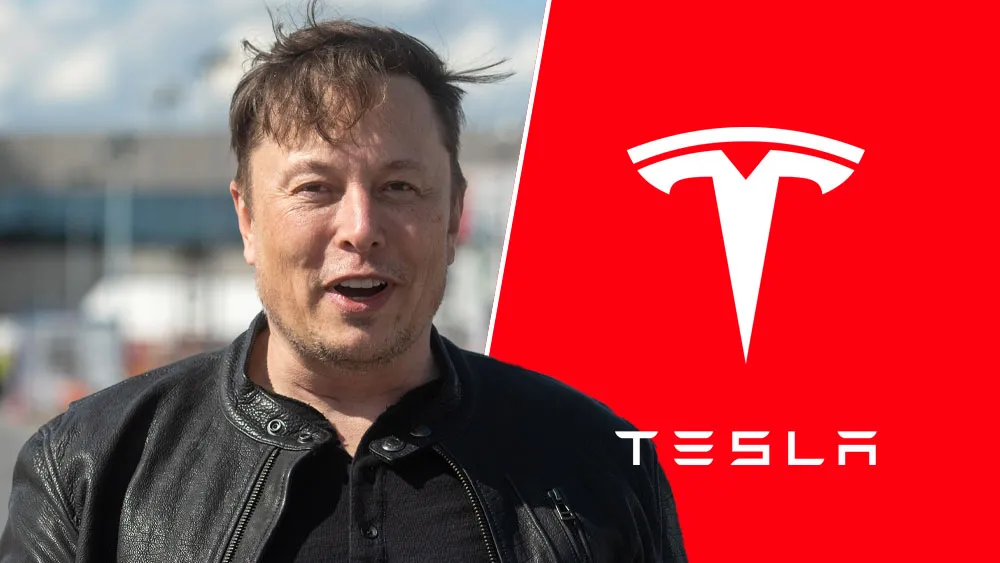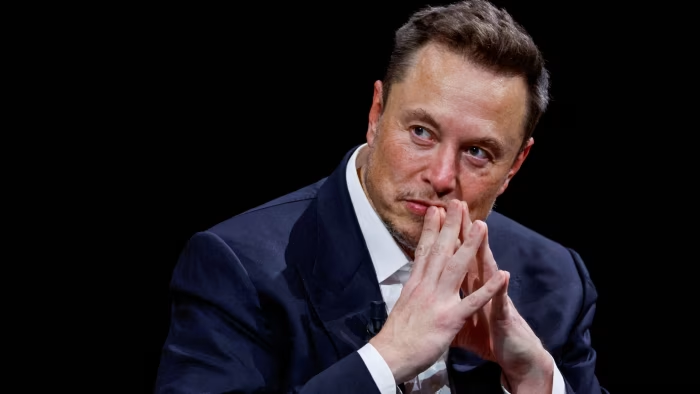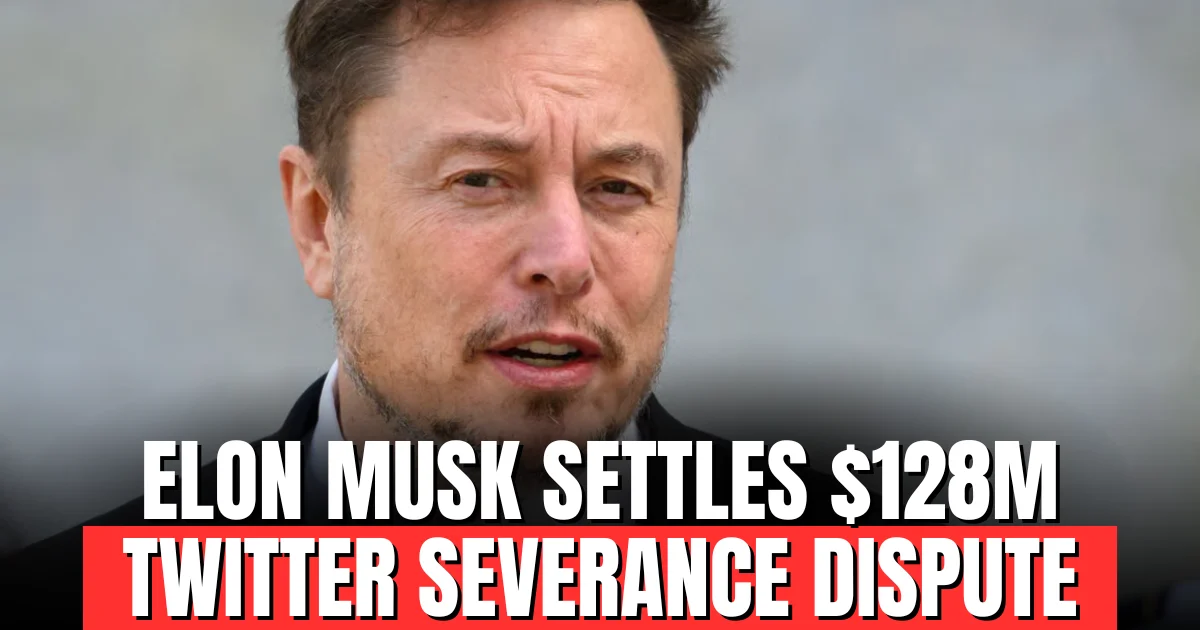Elon Musk settles $128M severance dispute with fired Twitter execs. Get full details on the settlement and what it means for X’s management.
Table of Contents
Elon Musk Agrees to Settle with Fired Twitter Execs Over $128M Severance Dispute
Introduction
Elon Musk has reached a settlement with a group of former Twitter executives over a $128 million severance dispute, bringing an end to months of high-profile litigation. The case, involving top executives like Parag Agrawal, Ned Segal, Vijaya Gadde, and Sean Edgett, raised questions about Musk’s management decisions after his $44 billion acquisition of Twitter in 2022.
The settlement, confirmed in a U.S. Northern District Court of California order, marks a significant resolution in a lawsuit that had drawn national attention due to Musk’s controversial leadership style and rapid executive shake-ups at X.

Background of the Twitter Severance Lawsuit
- Musk acquired Twitter in October 2022 for $44 billion.
- Within hours of taking control, he terminated several top executives, who were set to receive $200 million in severance and vested stock options.
- The executives claimed Musk withheld severance as a form of “revenge” for being forced to close the acquisition.
- Lawsuit filed in 2024 highlighted alleged wrongful terminations and unsubstantiated “for cause” claims.
Who Were the Executives Involved?
Parag Agrawal
Former CEO of Twitter, who played a central role in company operations before Musk’s acquisition.
Ned Segal
Twitter’s former CFO, responsible for financial management and corporate strategy.
Vijaya Gadde
Chief Legal Officer, managing legal affairs and compliance.
Sean Edgett
Former General Counsel, overseeing Twitter’s corporate legal matters.
Details of the Settlement

- Court order signed October 1 allows depositions, including Musk’s, to be delayed.
- Settlement terms have not been publicly disclosed.
- The deal allows both parties to meet conditions required under the settlement, effectively pausing litigation.
- This is the second settlement Musk has reached with former Twitter employees over unpaid severance claims.
How Walter Isaacson’s Biography Plays a Role
According to Isaacson’s authorized biography of Musk published in 2023:
- Musk reportedly did not want the executives to collect severance or vest stock options due to the acquisition cost.
- The biography alleges Musk accelerated the Twitter sale closure to fire executives “for cause.”
- The lawsuit claims these termination reasons were unsubstantiated.
This insight shows how personal convictions and management style influenced corporate decision-making, sparking one of the largest severance disputes in tech history.
Implications for X and Corporate Governance
- Executive severance disputes raise questions about governance after major acquisitions.
- Settlement may stabilize X’s management perception among investors and stakeholders.
- Highlights the importance of clear severance policies and contractual agreements during acquisitions.
FAQs About Musk’s Twitter Severance Settlement
Q1: How much did Elon Musk settle for with Twitter execs?
A1: The settlement involves $128 million in severance claims, although exact terms were not disclosed.
Q2: Who were the executives involved in the lawsuit?
A2: Former CEO Parag Agrawal, CFO Ned Segal, Chief Legal Officer Vijaya Gadde, and General Counsel Sean Edgett.
Q3: Why did the executives sue Musk?
A3: They claimed Musk withheld severance payments as retaliation and improperly cited “for cause” in termination letters.
Q4: How does this settlement impact X’s operations?
A4: It resolves major legal disputes, potentially stabilizing executive morale and investor confidence.
Q5: Did Musk reach similar settlements with other employees?
A5: Yes, in August, he settled a separate lawsuit with another group of former Twitter employees over unpaid severance.
Conclusion
Elon Musk’s $128 million severance settlement with former Twitter executives marks a significant chapter in the saga of Twitter’s acquisition and management overhaul. While the full terms remain private, the resolution highlights the complexities of executive contracts, corporate governance, and high-stakes tech acquisitions.
For stakeholders and tech enthusiasts, the settlement serves as a cautionary tale on executive compensation and leadership accountability.

